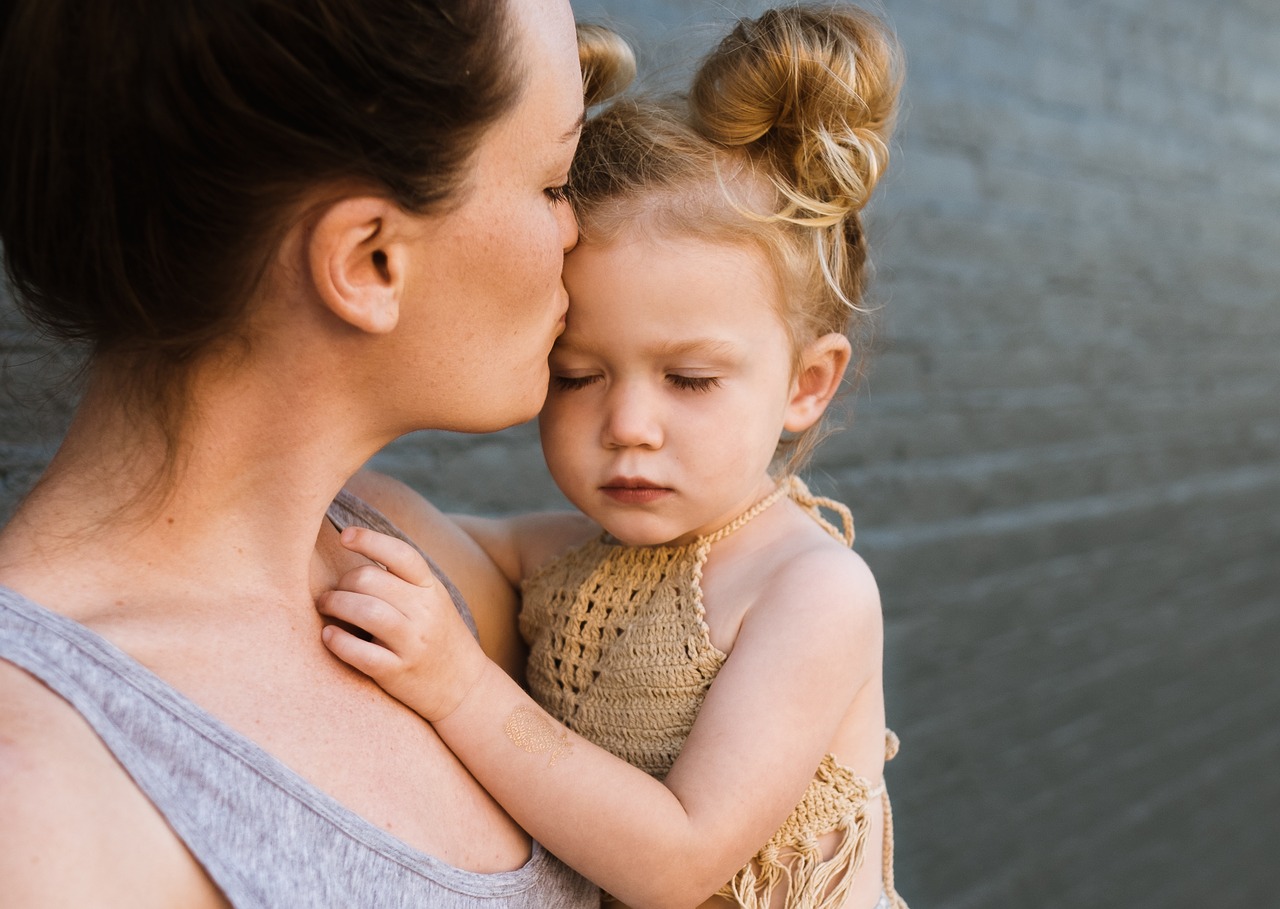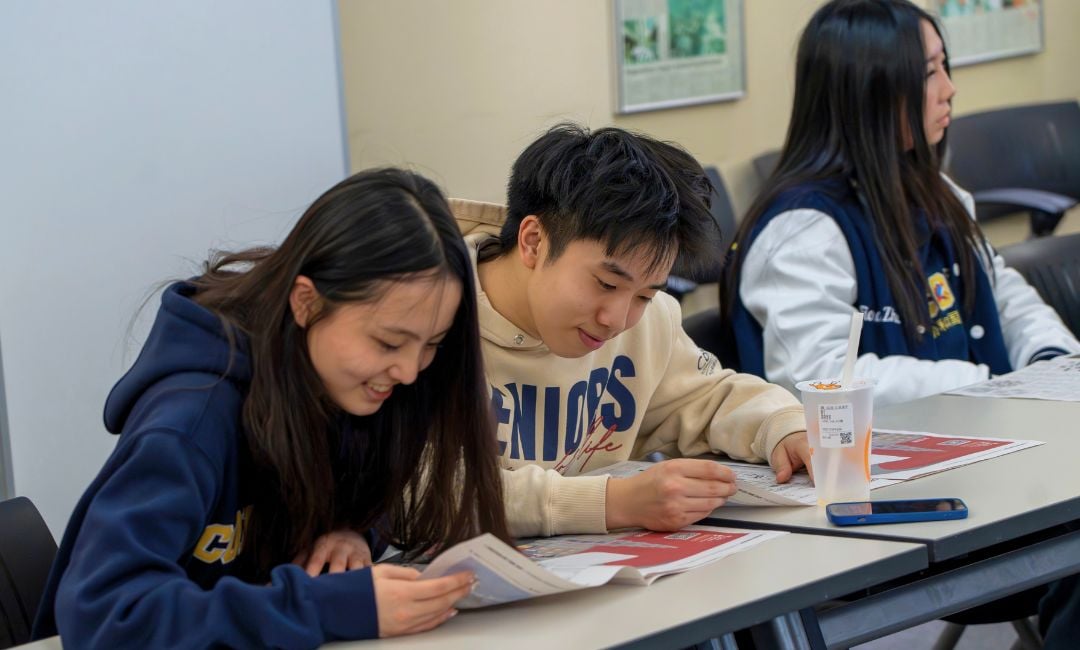Parenting is a tough job. All parents make their fair share of parenting mistakes. But rather than looking to the mistakes, let’s take a moment to consider another parenting Tuesday Tip presenting ideas on disciplining with love.
First let’s distinguish the difference between punishment and discipline. Punishment describes methods of control, gained by requiring rules or orders be obeyed and punishing undesired behavior. Discipline comes from the Latin root word disciplina, which means “giving instruction, to teach.” (srhd.org/123CareToolkit) Therefore, when using discipline with love, we are teaching our children how we want them to behave and showing them that we love them, simultaneously.
Discipline is an ongoing reality of being a parent. In fact, you might agree that it’s the hardest thing about being a parent. Most parents discipline their children the way we were disciplined ourselves as children. But times have changed drastically since those days and many psychologists, pediatricians, sociologists, and educators have conducted ample research on the topic of how-to best discipline children, especially from birth to age five.

Let’s look at some of that research now. The University of Rochester’s Medical Center in New York, published an article providing some thoughts for you to consider. This article provides you with ways to discipline with love. As always with research, some ideas will be immediately meaningful to you and other ideas will require further consideration. The intention with this parenting tip and all Tuesday Tips is to simply provide you with new ideas to consider for your parenting practices.
Research has shown us that discipline done within the context of parental love is an approach to help children develop self-discipline and grow into their full potential with confidence and security. Disciplining with love all begins with relationship and trust from parent to child.
Consider this scenario:
It’s dismissal time. Many parents are present. Mom is eagerly awaiting to see her four-year-old daughter. Her daughter appears and the joy swells! Mom reaches to her daughter to hug her, and daughter surprisingly pushes her mother with a hard push and growls. This hurts mom’s feelings and makes her angry. Mom has two choices of reaction.
- She can grab her daughter by the arms and take her immediately aside and raise her voice at her with a scolding. Mom can spank her and shout, “Don’t you ever push me again!” They walk away with daughter crying, mom angry and no other words shared.
- She can ignore the behavior at the moment. She can begin walking with her daughter to the car or down the sidewalk towards home. Within five to ten minutes, (after some cool down time) mom can then bend down at eye level to her daughter and tell her in a calm voice the following, “Today when you pushed me and growled, it hurt my feelings. I love you and feel happy to see you after school, but when you pushed me, I felt sad. In our family, we don’t push each other away. The right thing to do is to give mom a hug when you see her at the end of the day. Can I have that hug now, because I love you and want to give you a hug.” They hug. Mom goes on to say, “Tomorrow, when you see mom, be sure to have my special hug ready for me and I will have one for you too.” The following morning at dismissal, mom offers her daughter a reminder of the plan at dismissal and reassures her that her hug will be ready and waiting for her.
Disciplining with love takes thoughtfulness. As a parent, how you react to tense moments can teach your child self-control, patience and unconditional love or it can teach your child aggression, reaction with anger, and lack of self-control.
You must be patient and remember that you are the adult. Keep in mind that your child has only been on this earth for four or five short years. They are learning so many things! As stated in the article shared on Fatherly.com, proper and loving discipline is one of the most important components of your child’s development. This article reminds us as parents to avoid the “power struggle” and embrace the “Golden Rule”.
When using discipline with love, you look to find solutions that are reasonable, respectful, related, and helpful. You will:
- Wait to problem solve solutions until you are calm. You will do your best thinking this way and also model an important life skill for the child.
- Show respect by listening to and acknowledging the child’s feelings. This also helps build connection.
- Model the qualities you desire to see in the child.
- Talk to the child about what happened once both of you are completely calm.
- Respect the child’s boundaries by allowing him/her to avoid eye contact and let the child make the first move to engage in physical contact with you.
- Reassure the child that you care.
- Ask the child to identify how what happened may have impacted others.
- Use “I” statements instead of “you messed up” statements. Begin sentences with “I” and make them about yourself and how you feel rather than what the child did. This is a less critical way of discussing the situation and helps the child feel less defensive.
- Ask the child to come up with a plan for reconciliation if others were hurt or property was damaged.
- Help the child come up with solutions for handling similar situations in the future.
- It is ok to ask for help and talk to someone you trust for support.
- Never discipline a child in anger.
(srhd.org/123CareToolkit)
Disciplining with love:
- Teaches children responsibility, self-discipline, problem-solving skills and cooperation.
- Is respectful to both children and adults.
- Builds trust and strengthens relationships, helping form new connections in a child’s brain.
- Builds and maintains self-esteem.
- Teaches children how to manage their emotions.
- Teaches children to deal with stress in healthy ways.
- Invites children to contribute in meaningful ways and develops their sense of significance.
- Develops strong understanding
(srhd.org/123CareToolkit)
At Concordia International School Shanghai, we value our parent partner relationships. We know that children thrive when they are loved and supported. Their learning thrives when the actions at school are congruent to the actions at home. In the Early Childhood Division at Concordia School, we discipline students with love. We teach them that they are valued, special, needed and a wonderful part of our Concordia community. They help make our school and world a better place. We hope that this week’s Tuesday Tip has offered you some ideas for supporting your loving and respectful relationship with your child. Together, we thrive better!




